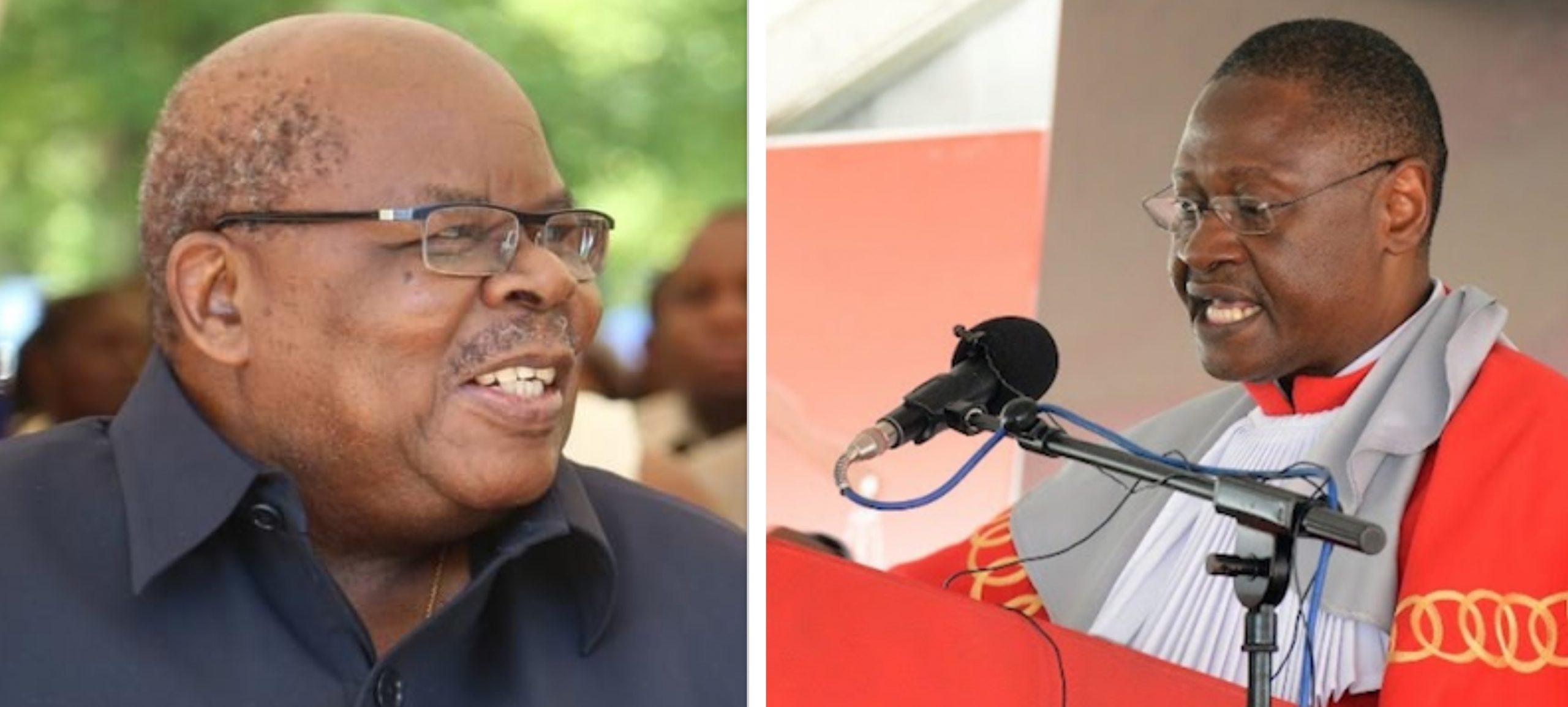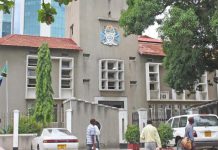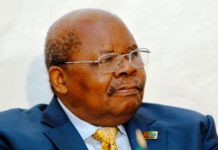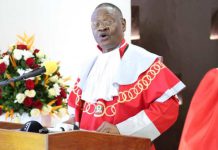Author: FAUSTINE KAPAMA
AfricaPress-Tanzania: THE Judiciary of Tanzania and several lawyers have paid tribute to retired President of the United Republic of Tanzania Benjamin Mkapa for his immense and positive contributions to the legal sector in the country.
Mr Mkapa died while receiving treatment at a hospital in Dar es Salaam.
The sad news was announced by President John Magufuli at the State House in the capital City of Dodoma yesterday night, sending waves of shock to many Tanzanians.
Seasoned Advocate Michael Ngalo described Mr Mkapa as a man, who during his presidency, cherished and respected human rights, good governance and democratic values and freedom of press and expression.
“He initiated major judicial and legal reforms in the country, cherished and respected the rule of law, independence of the judiciary and appointed and promoted many judges from magistrates, both public and private lawyers on merit,” the advocate said.
Giving his views on Mr Mkapa as Head of State and his relationship with the Judiciary and legal sector in Tanzania in general another Advocate Gaspar Nyika had this to say: “During his time he tried to build an independent and strong judiciary by providing resources and respecting by large the rule of law.”
The youthful and soft spoken lawyer went on: “It is such an effort that built trust for investors to come to Tanzania and on that basis he was able to turn around the economy which was almost dead when he took over power. He will fondly be remembered for that.”
On his part, Advocate Audax Vedasto said he would always remember Mr Mkapa for the Law Revision of 2002.
He recalled that the time Mr Mkapa resumed power there were fragmented and unconsolidated pieces of principal and subsidiary legislation.
“Mr Mkapa’s Law Revision of 2002 was comprehensive. We have never had any comprehensive law revision like that of Mr Mkapa’s regime, now it is almost 20 years,” noted another member of the bar, Mr Matojo Kosota.
In a statement issued by Acting Director of Information and Communications with the Judiciary of Tanzania, Ms Lydia Churi, the Chief Justice, Prof Ibrahim Juma, explained that Mr Mkapa would be remembered for establishing a Presidential Anti-Corruption Commission (Warioba Report, 1996).
Such a report, according to the Chief Justice, has contributed significantly to giving the Judiciary of Tanzania and the legal sector in general, a vision to fight against corruption to this day.
“It is with great sadness that we have lost a visionary leader who in 2000 oversaw preparations for the Development Vision, 2025, which has made Tanzania a middle-income economy 2020,” he stated in a statement.
Mr Mkapa was elected President of the United Republic of Tanzania in 1995 after the introduction of the multi-party system in the country.
Known as a brilliant and socialist politician, he nonetheless adopted a pragmatic approach in his effort to improve the country’s economy.
Mr Mkapa was born on November 12, 1938 at Ndanda Village in the southern region of Mtwara, which borders Mozambique.
After elementary and secondary education in his native Tanganyika, as it was then called, Mr Mkapa pursued a degree course in English at the University of Makerere in Uganda, graduating in 1962.
In the mid-1960s he began his career as a journalist, editing the Tanganyika African National Union (Tanu)-owned Nationalist (now Uhuru/Mzalendo) in May 1966 and then the Standard (now Daily News) in 1972.
In July 1974, he was appointed to serve as press secretary to President Julius Nyerere.
After setting up the nowdefunct Tanzania news agency Shihata in 1976, Mr Mkapa switched careers again.
That same year he was appointed high commissioner to Nigeria, a key posting at the time. He then held several ministerial posts until 1995.
In 1995, Mr Mkapa succeeded President Ali Hassan Mwinyi, a Zanzibari who served two terms after Nyerere (1985- 1995).
Mr Mkapa’s detractors initially dubbed him Nyerere’s “errand boy” and accused him of being unable to shake off the chains of socialism.
While not completely abandoning socialist tenets, Mr Mkapa aggressively pursued some capitalist policies.
This won him accolades from international lending institutions such as the World Bank (WB) and the International Monetary Fund (IMF).







